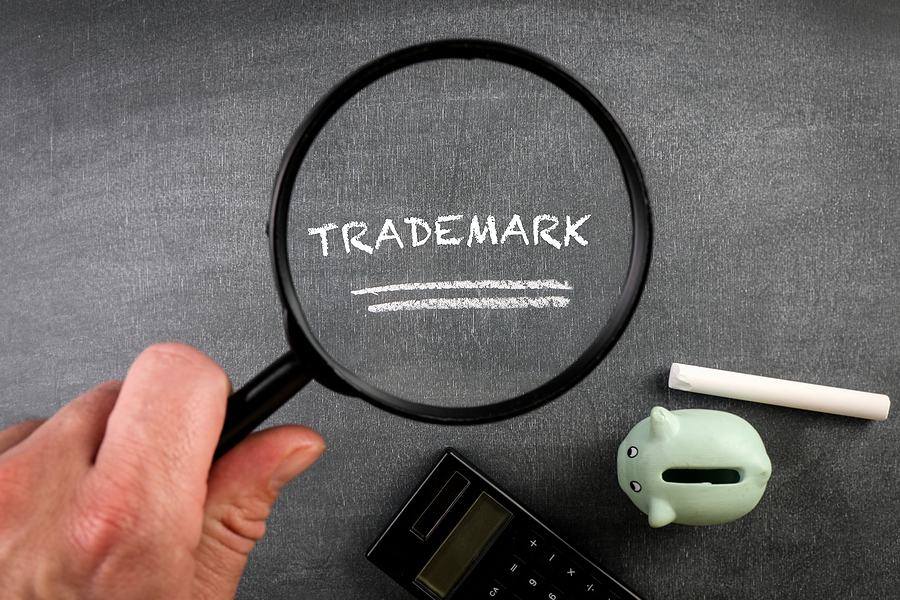Why Businesses Should Register Intellectual Property Rights

Everyone has heard of the term’ intellectual property’, but what is its definition? How does it apply to businesses? These are questions many first-time business owners or entrepreneurs may have.
Intellectual property is a broad topic discussed in many books and on the internet. However, many people still do not know what it entails or why it’s essential. This article provides a brief overview of the definition, types, and significance of the intellectual property.
What is intellectual property, and why is it important?
Intellectual property refers to the intangible creations of the mind, such as inventions, artistic works, and literary pieces. It usually covers names, symbols, designs, and images used in commerce. Every company usually owns some form of intellectual property rights.
Intellectual property rights must be registered in order to enforce them. Intellectual property (IP) registrations enable companies to protect their core business and research and development activities.
Apart from protecting businesses, intellectual property registration also helps companies build value. This is because intellectual property is typically counted as an asset when assessing a company’s value. As a result, intellectual property assets can even be used as collateral for bank loans.
What kinds of intellectual property should a company protect?
Intellectual property is a broad term that applies to industrial and copyright properties. Generally, there are four major categories of intellectual property: trademarks, copyrights, patents, and trade secrets.
1. Trademarks: Trademarks are used to identify the source or origin of goods and services. Registered trademarks may consist of company, product name, logos and taglines. Companies must apply with the Intellectual Property Office of Singapore (IPOS) to register trademarks in Singapore.
2. Copyrights: Copyright protection is reserved for the creators of artistic and literary works. It protects items such as design, artwork, and texts created by companies. There is no need to register copyrights in Singapore as it is automatically given to all original works.
3. Patents: Patents are exclusive rights granted to inventors, primarily giving them the authority to exploit their inventions for a period of time. This means that they can stop others from making, using, or selling their creations without their permission during the given period. Businesses that invent new compositions or processes may be eligible to register these inventions with the IPOS.
4. Trade Secrets: Trade secrets are confidential commercial information that can be licensed or sold. To qualify as a trade secret, the information must be economically valuable, known only to only a limited number of individuals and subject to reasonable measures for ensuring its secrecy. There are no official procedures for registering trade secrets in Singapore.
What happens if a company does not protect intellectual property?
If a company does not protect its intellectual property through the proper registrations, it is much more susceptible to infringement. A third party can prevent the company from using its intellectual property, such as trademarks or logos. Alternatively, when a company contracts with an independent contractor for work on their website or other projects, the ownership of these products may not belong to them.
Business owners are advised to register for necessary intellectual property rights to protect the company. Not having proper and enforceable protection can negatively affect or even destroy a transaction.
Bottom line
The protection of intellectual property rights is a way to encourage fairness and innovation. Without protection, individuals and businesses would not reap the benefits of their ideas and inventions as much or have less incentive to delve into research and development.
Intellectual property is a key concern for businesses that always face stiff competition. If a company does not protect its intellectual property rights, it may find maintaining success difficult.
If you want your business to succeed long-term, apply for a brand trademark registration with Cat and Pillar today. Our online trademark renewal platform in Singapore helps businesses with all their needs anywhere they need them. We are experts in both national filings and international trademark applications, which allows us to help you register trademarks in several different countries with a single application via the Madrid Protocol. To learn more about our services, visit our website at https://www.catandpillar.com/.



